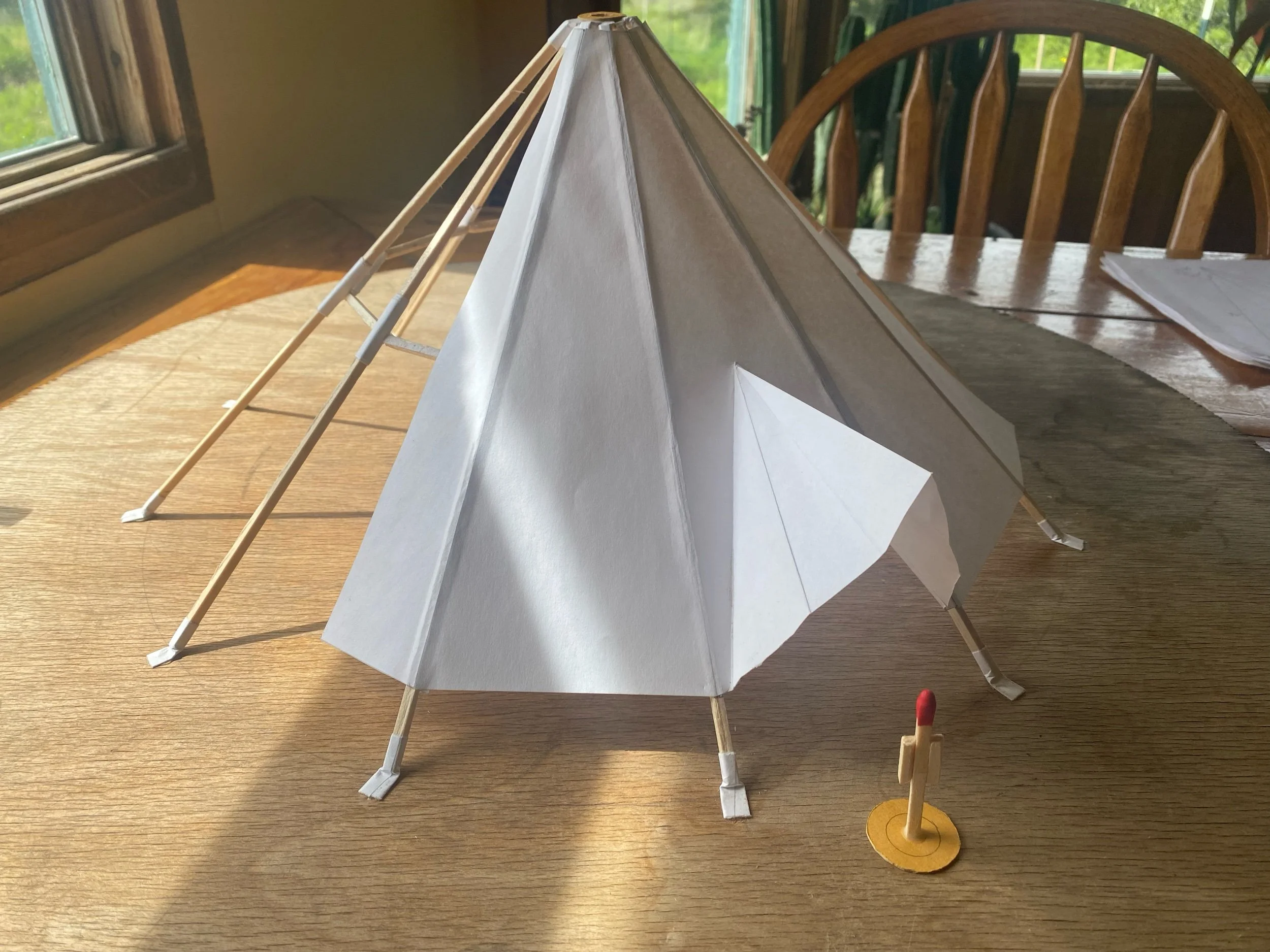Tapachula Kitchen:
ARK is in the process of moving its gear from Tijuana to the Northern border of Guatemala in the Mexican town of Tapachula. We have been working on the preparation for this site for over a year, and plan to build a kitchen and a community center to offer a variety of essential and emergency services
FEEDING REFUGEES IN TIJUANA:
We made tens of thousands of hot meals from our border kitchen for the refugees and residents in Tijuana, Mexico.
HURRICANE HARVEY:
We served 10,000 free hot meals in a month to the lowest income communities around Houston Texas following the historic floods caused by Hurricane Harvey. This video shows what we did, how we did it and introduces the idea of radical transparency by showing photos of every receipt and every donation:
THE BATON ROUGE FLOOD:
In 2016 Altruist Relief fed people in cooperation with FFRE and Organic Valley after the flood in Baton Rouge, LA.
Syrian Refugee Camps in Lesvos, Greece:
Lucid and Tea volunteered at Syrian refugee camps on the island of Lesvos, Greece to assess the viability of setting up a duplicate of the Altruist Relief project as a refugee camp in Europe. They worked at LATRA, an architectural & engineering design organization within the larger UN run camp for families, and at No Borders Kitchen, a refugee camp run by anarchists in a series of abandoned warehouses accepting overflow from the Moria camp for men.
Standing Rock:
In the fall of 2016 Altruist Relief took a group of ”Mari Gras Indians” from New Orleans, LA to Standing Rock, ND and set-up a kitchen in one of our first prototype tents when it was still a 50 foot tipi.
Living At Standing Rock:
In November 2016 Lucid and Tea returned to Standing Rock with seven donated tipis, and lived in a winterized tipi until the middle of December in temperatures as low as -25°F.
Nicaraguan Coffee Farms:
Lucid worked with NAMLO in 2015 to help coffee farmers grow vegetables inside of mesh tents that acted as a physical barrier to insects so that the farmers wouldn’t need to use pesticides.

